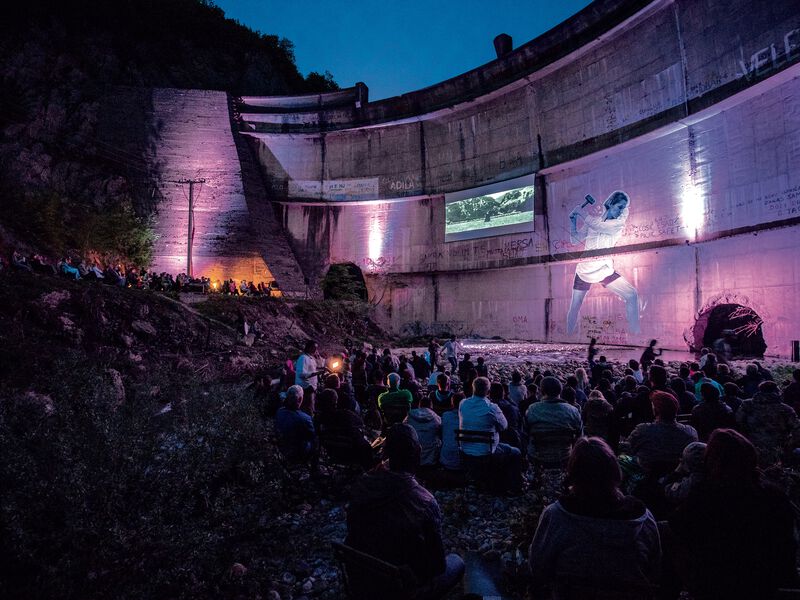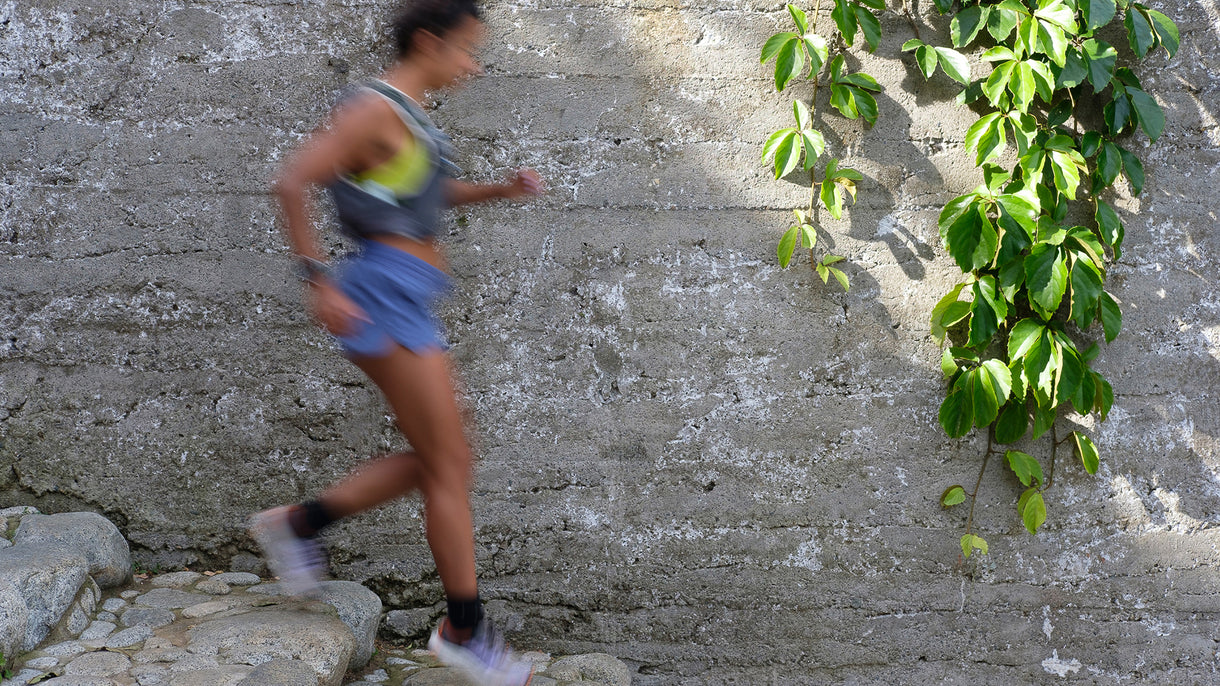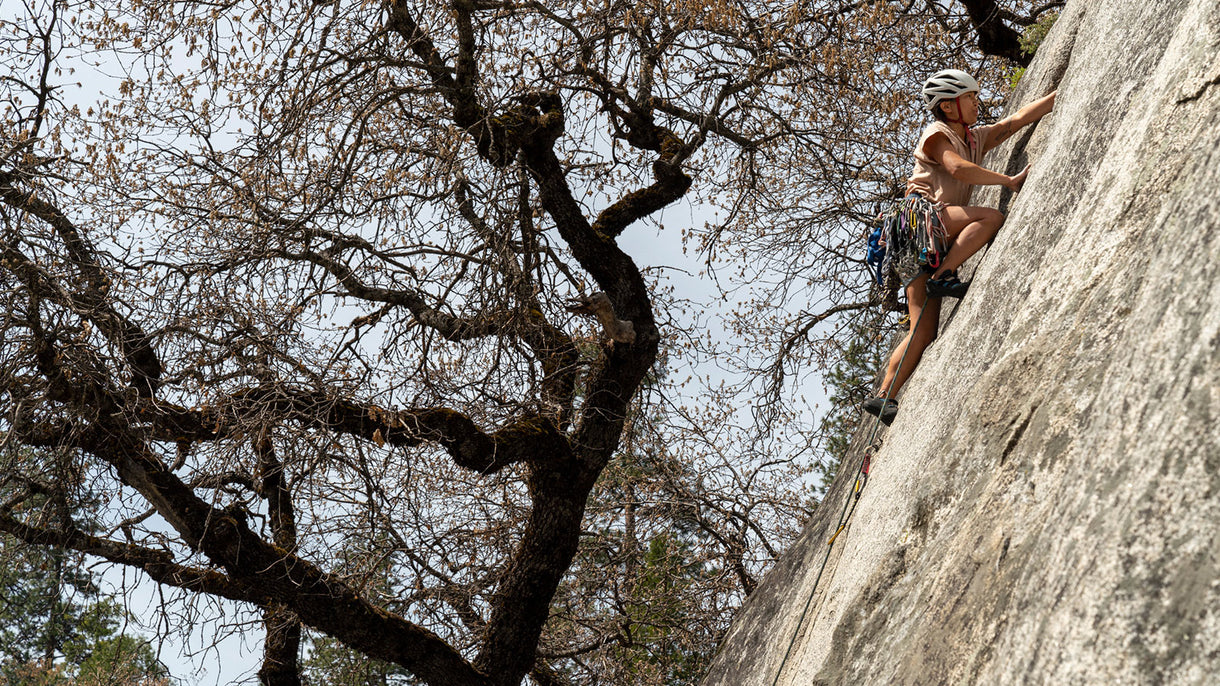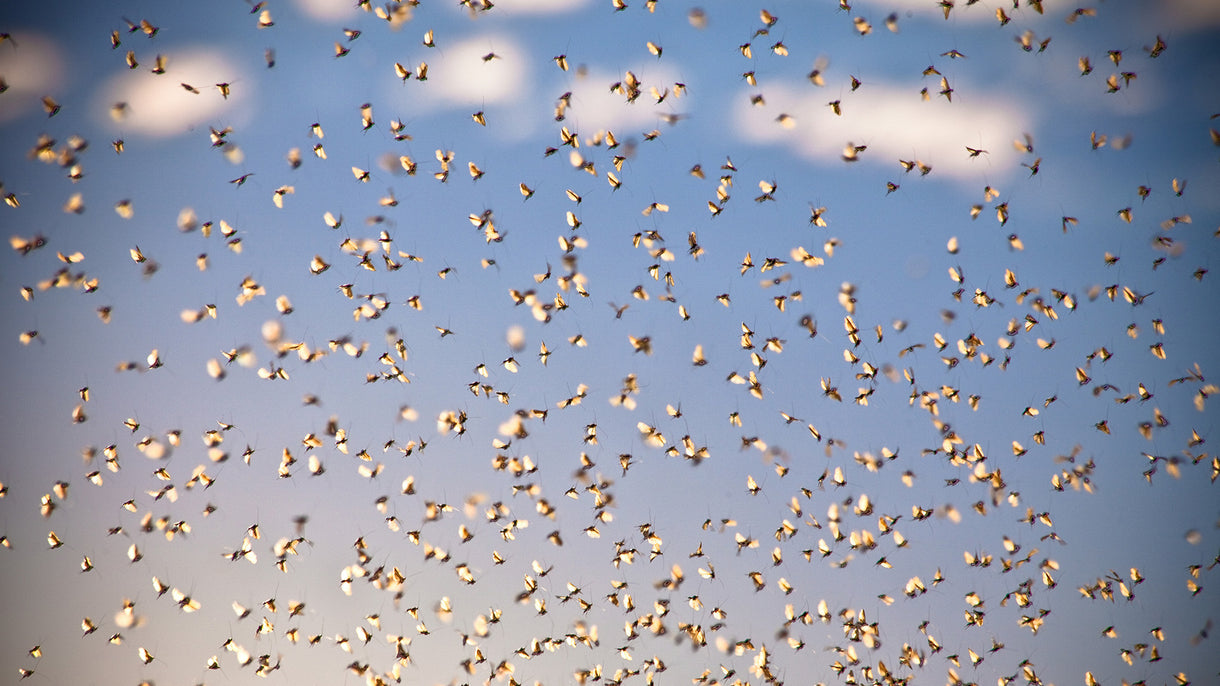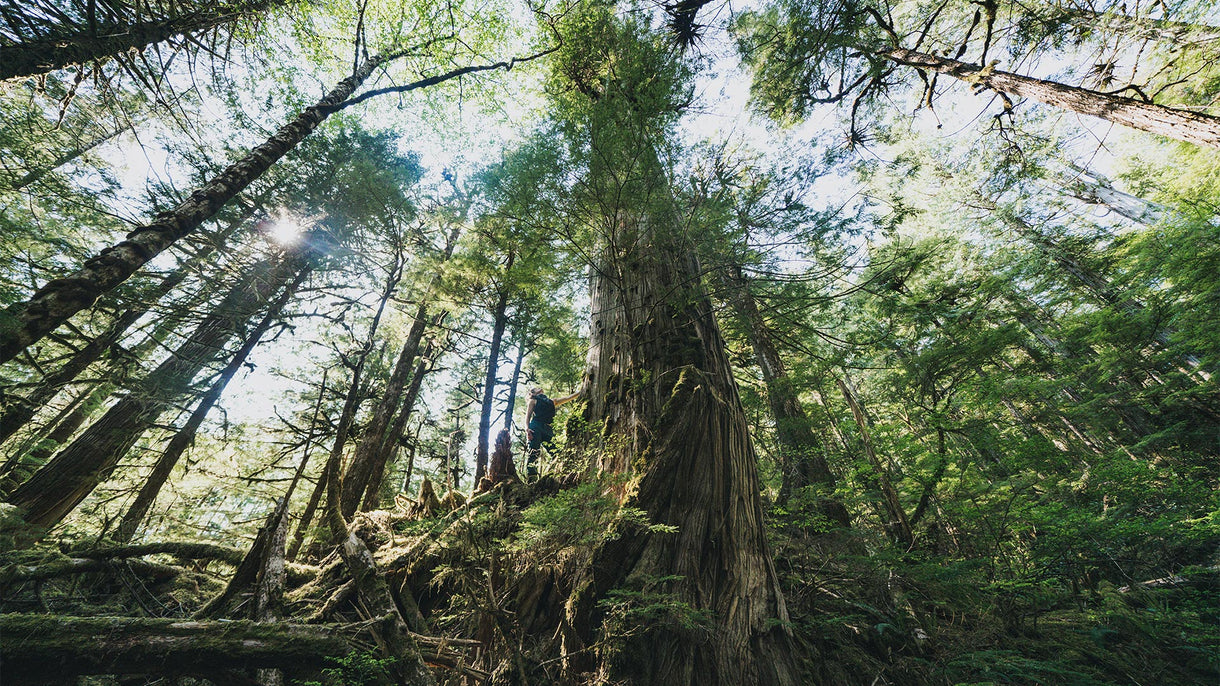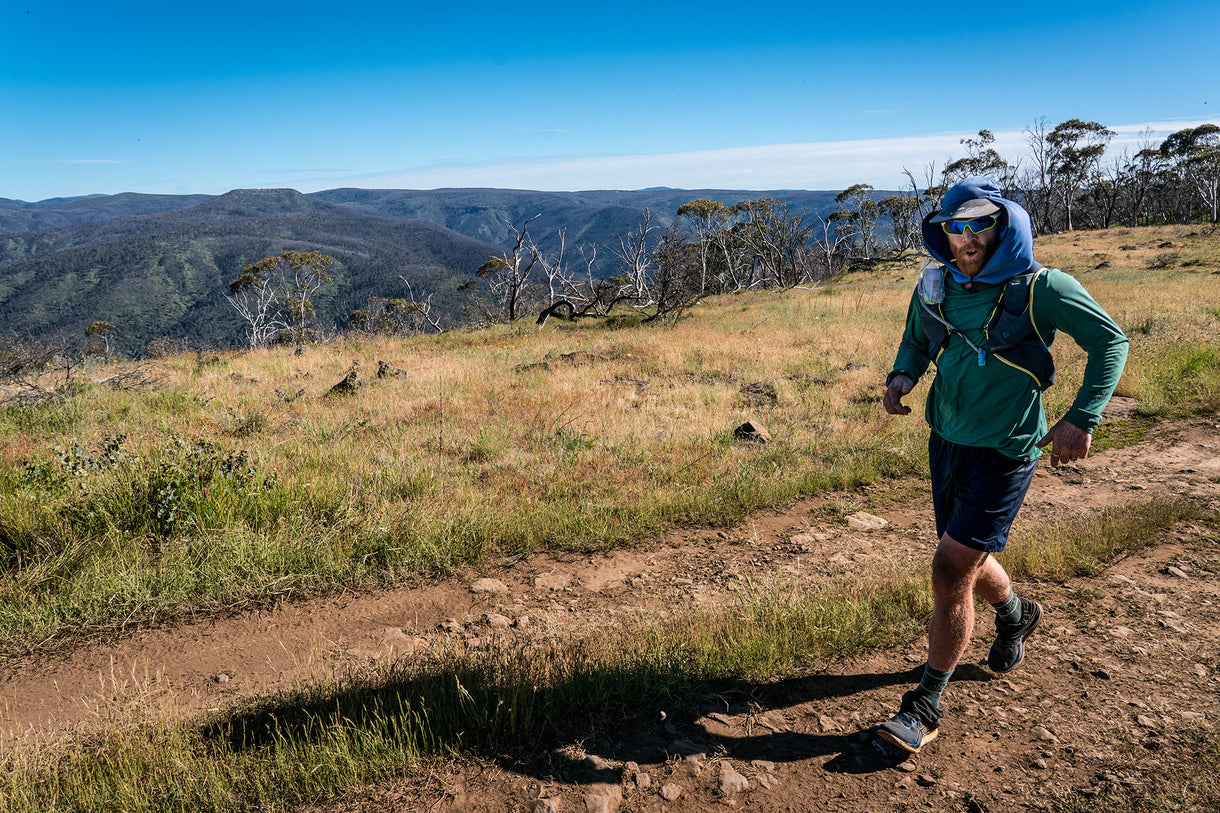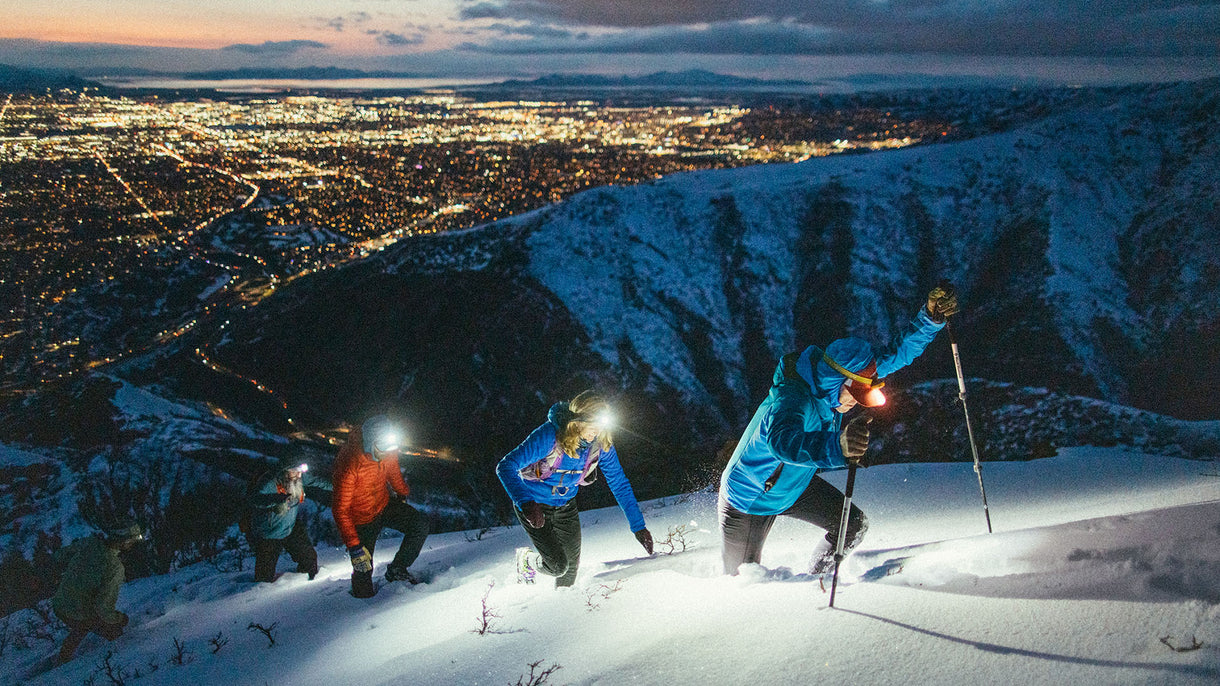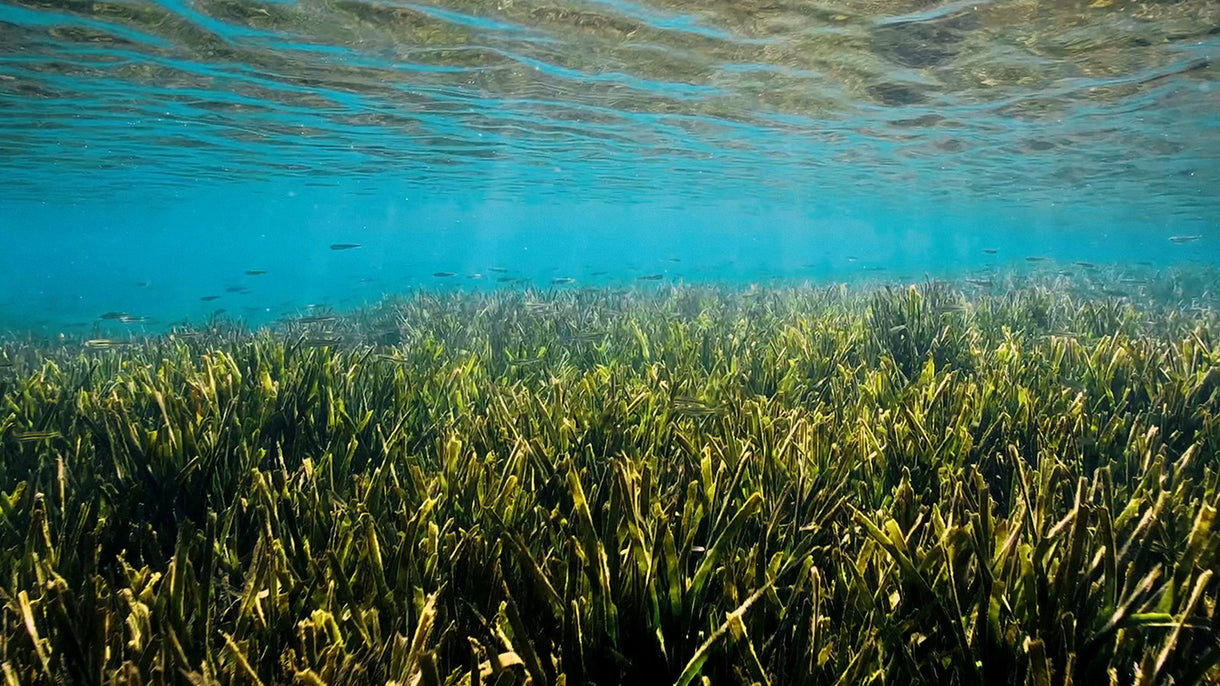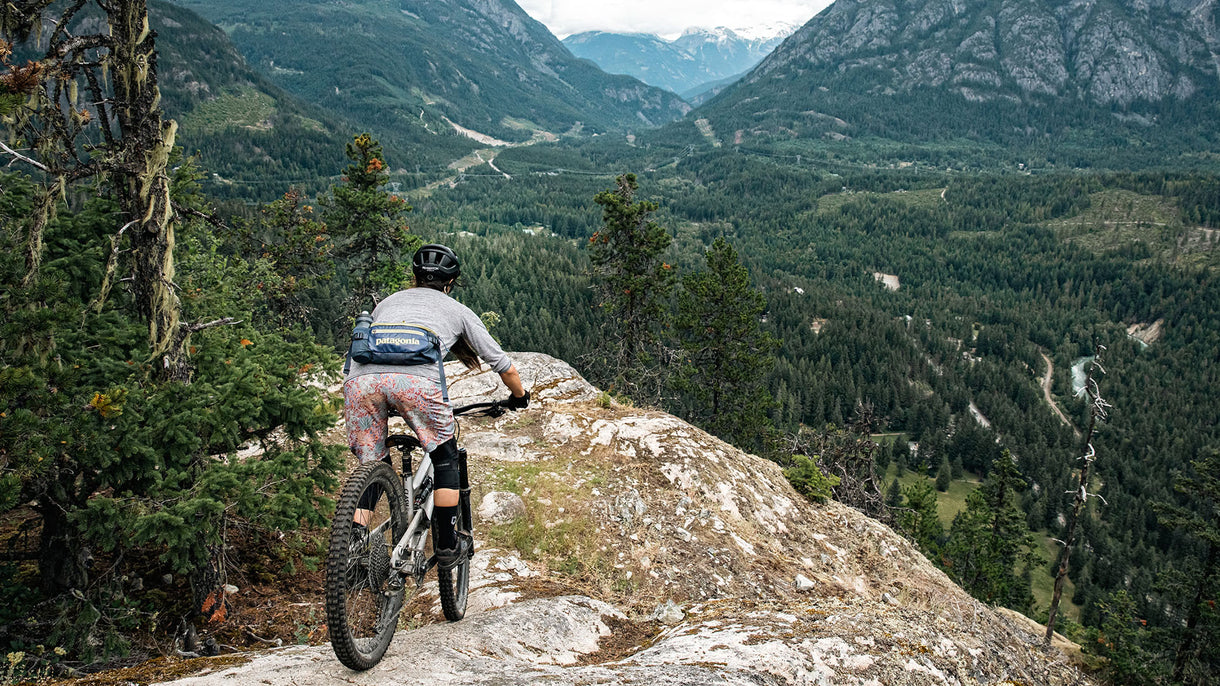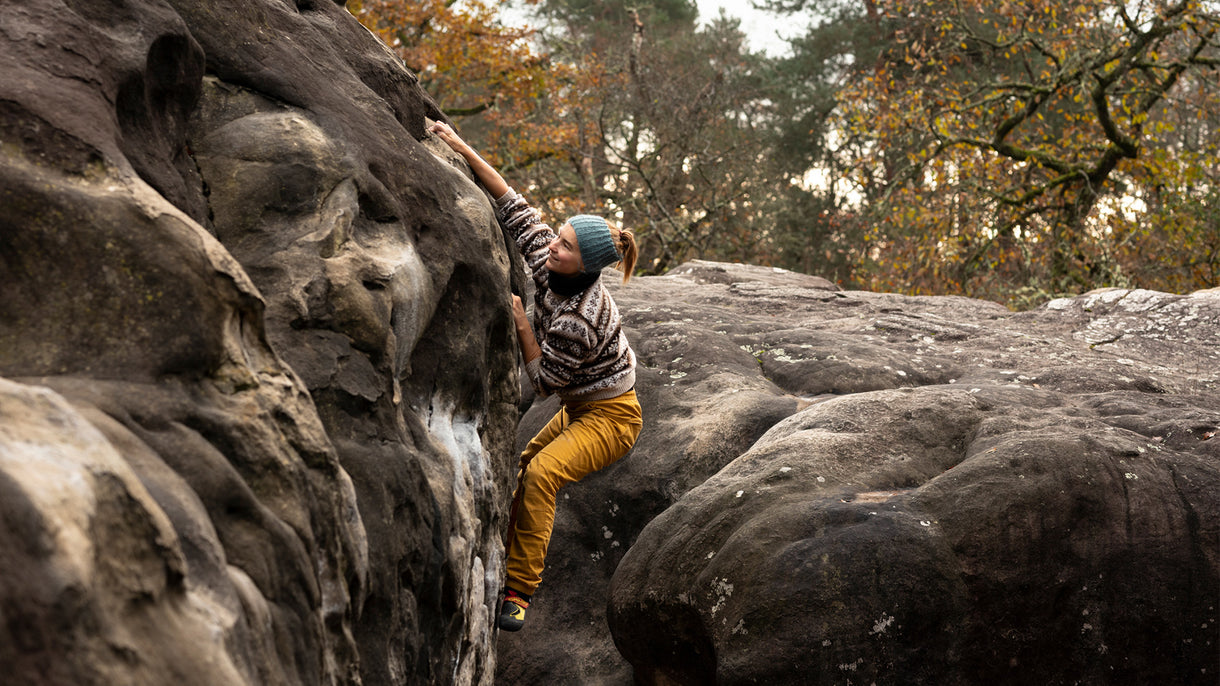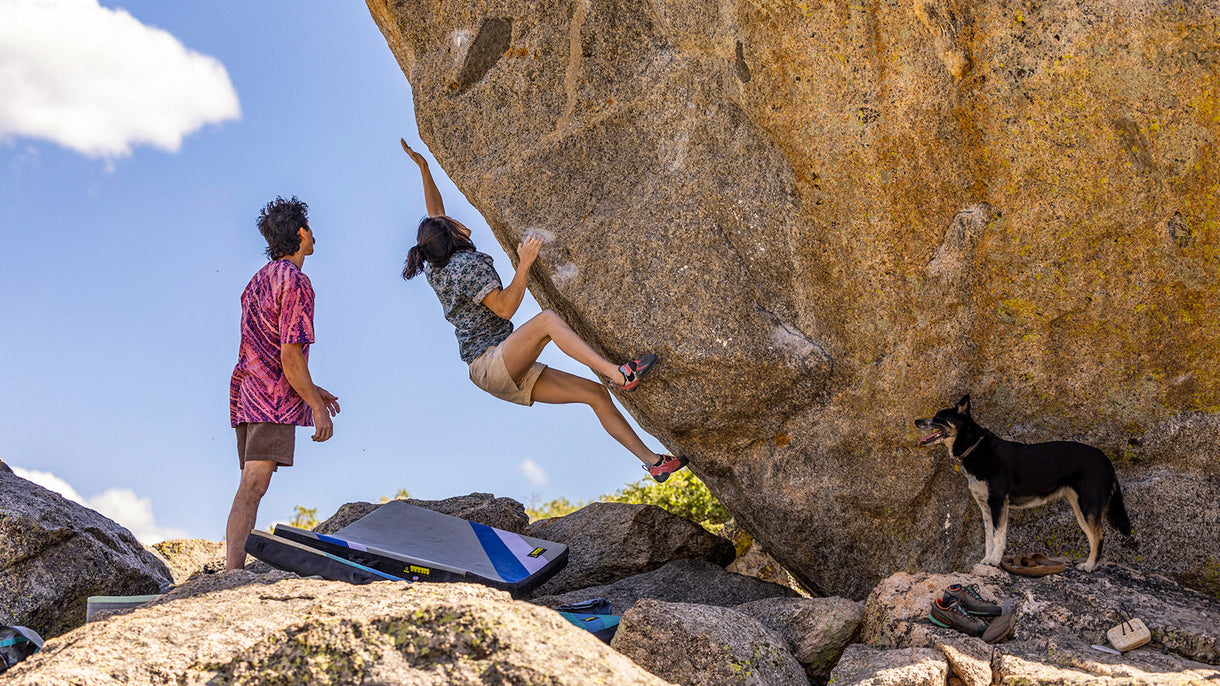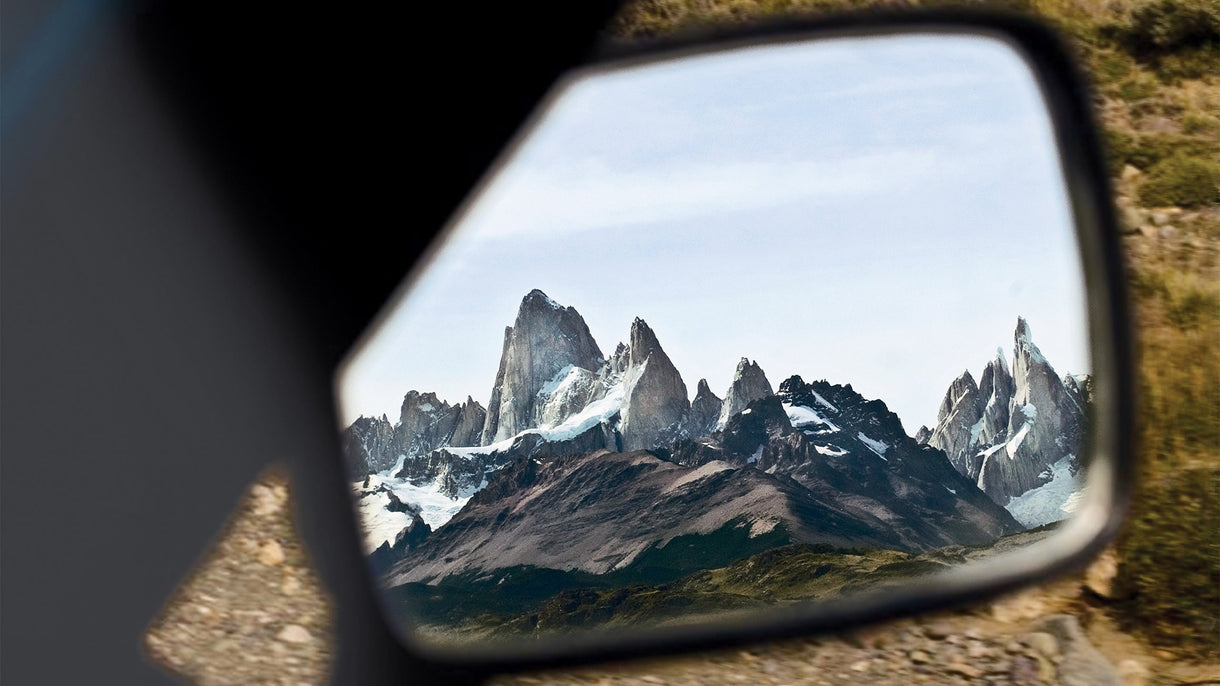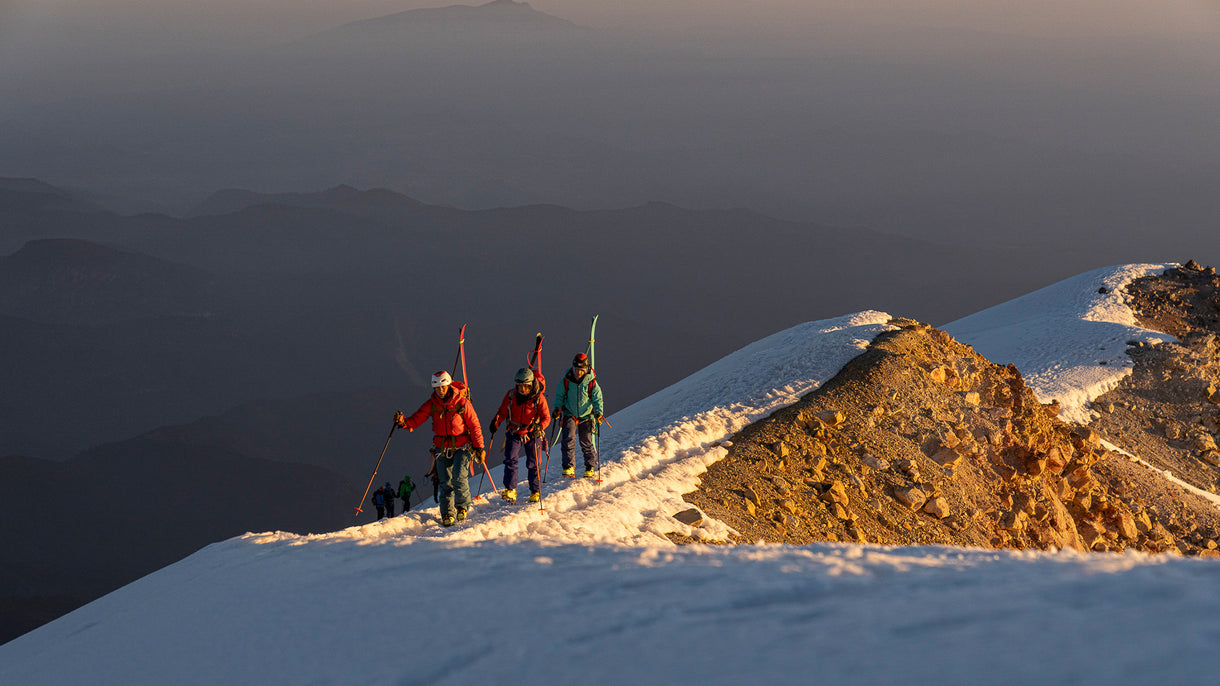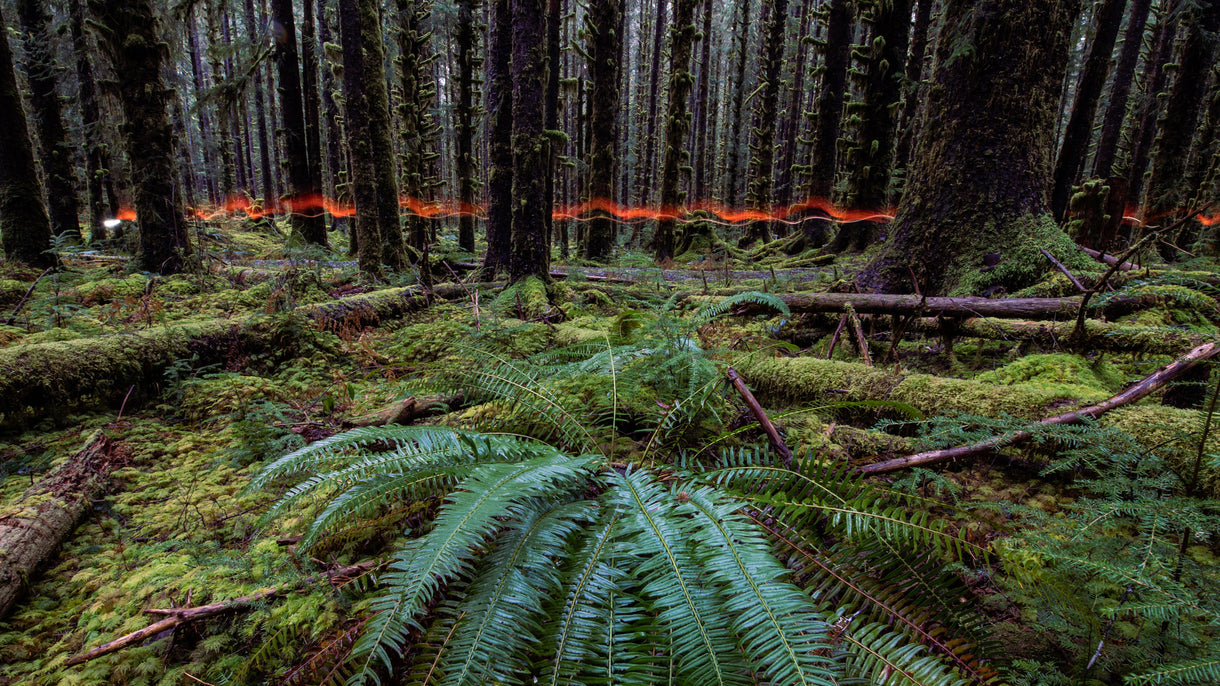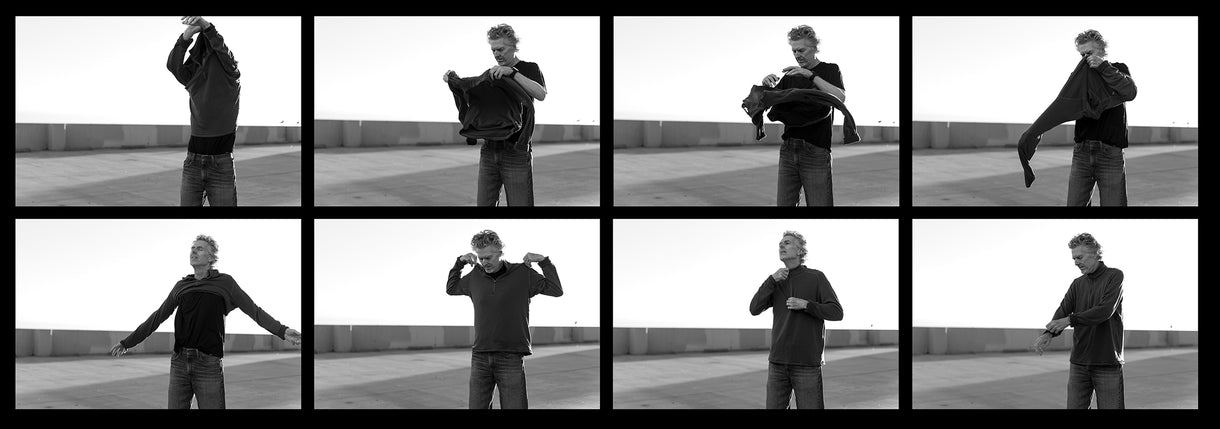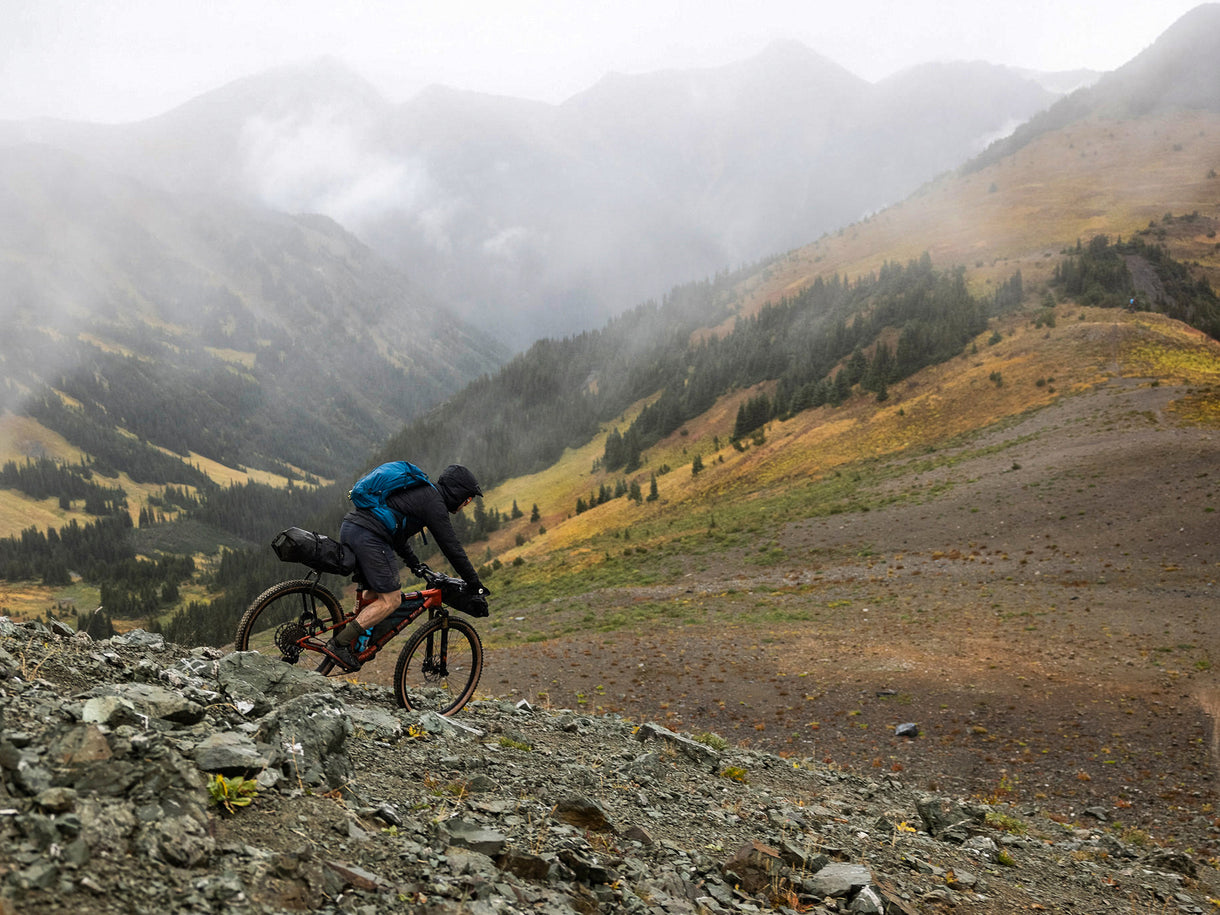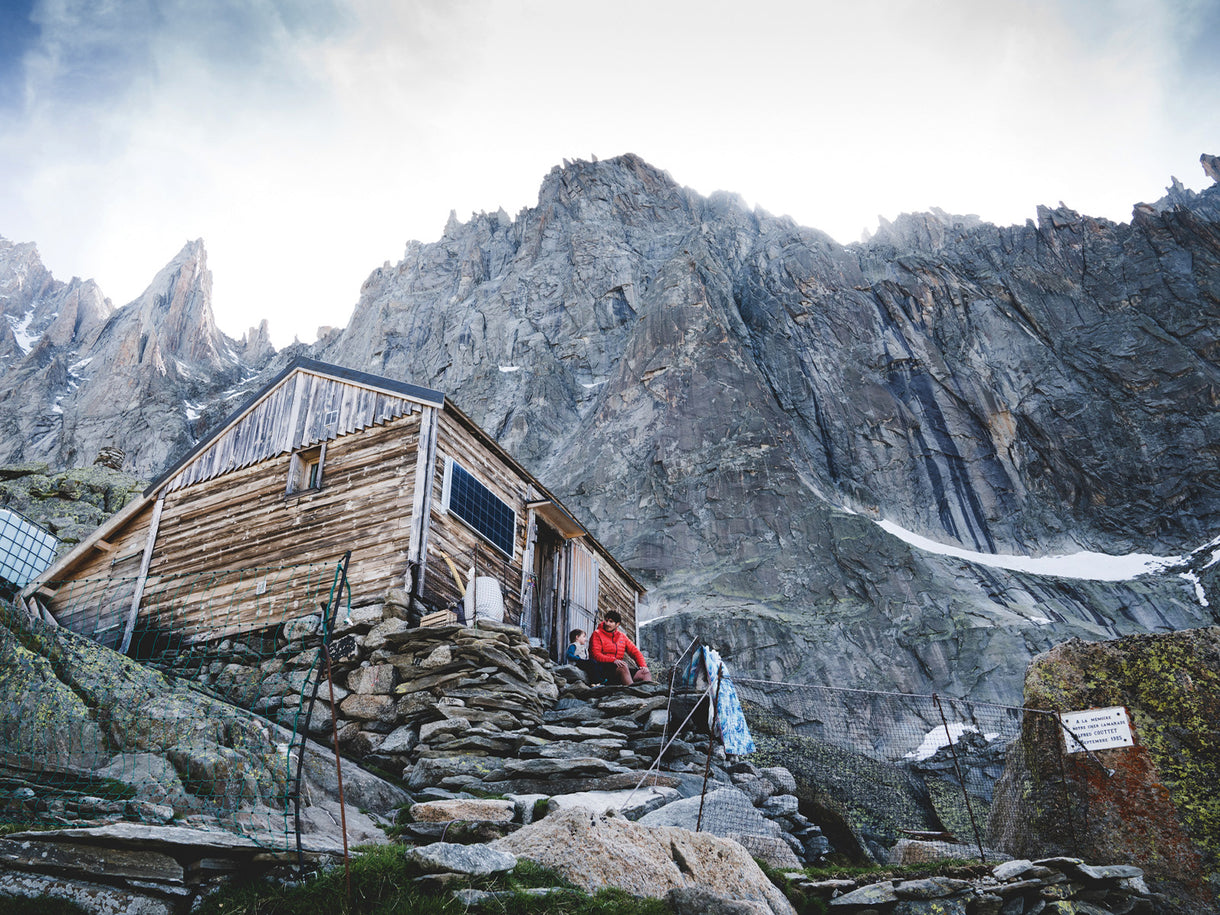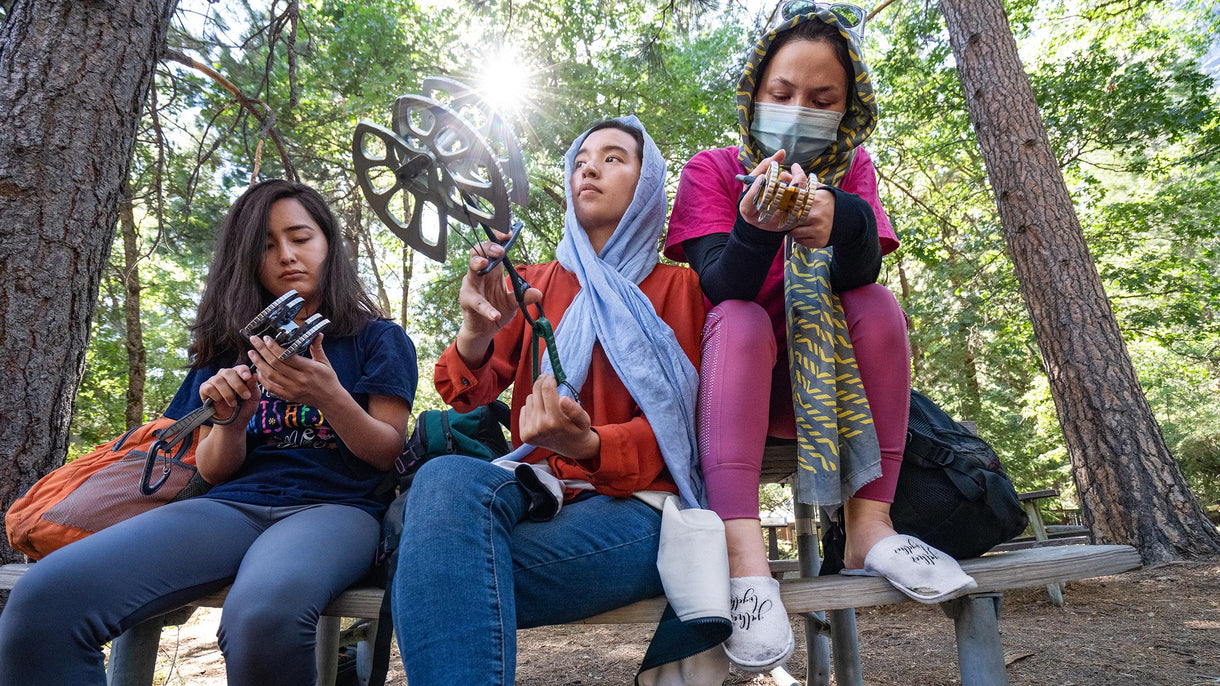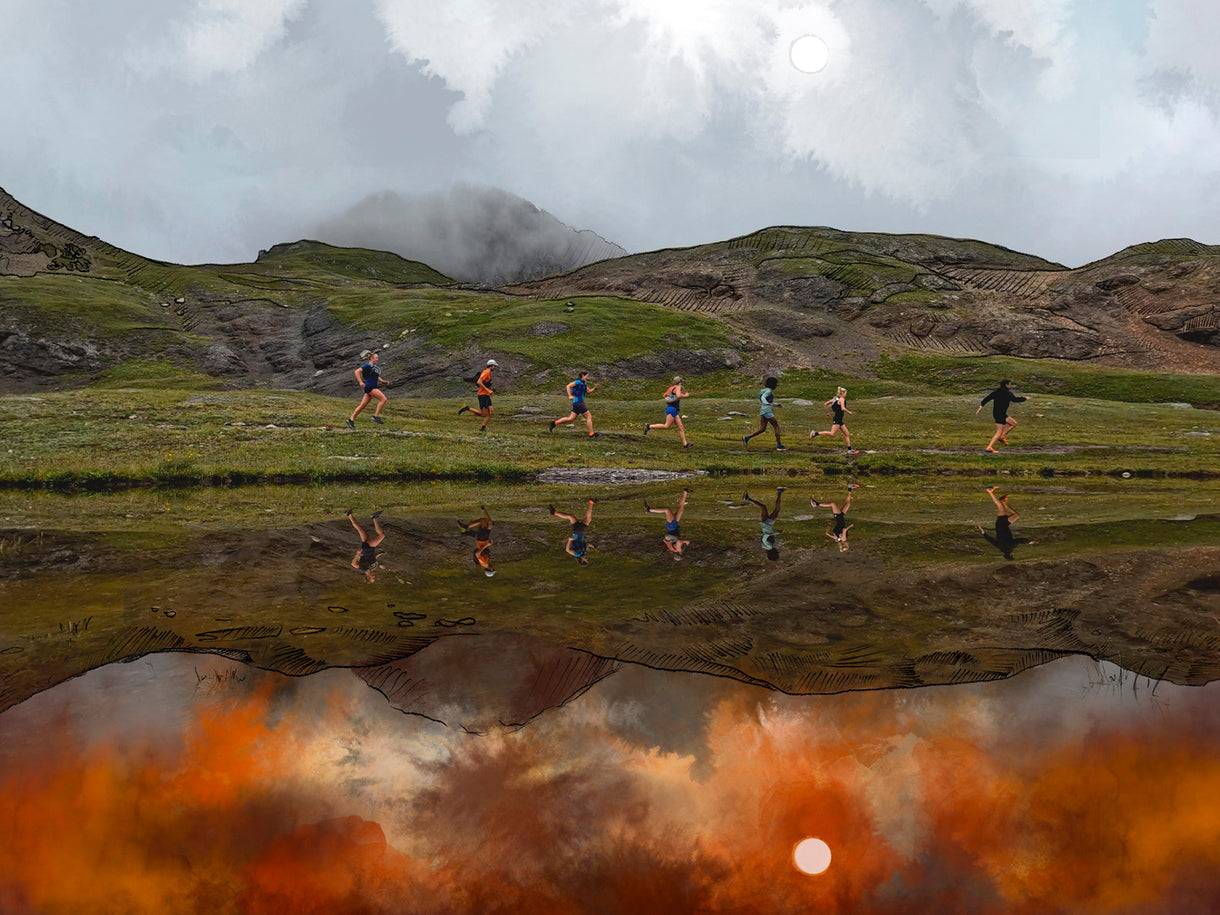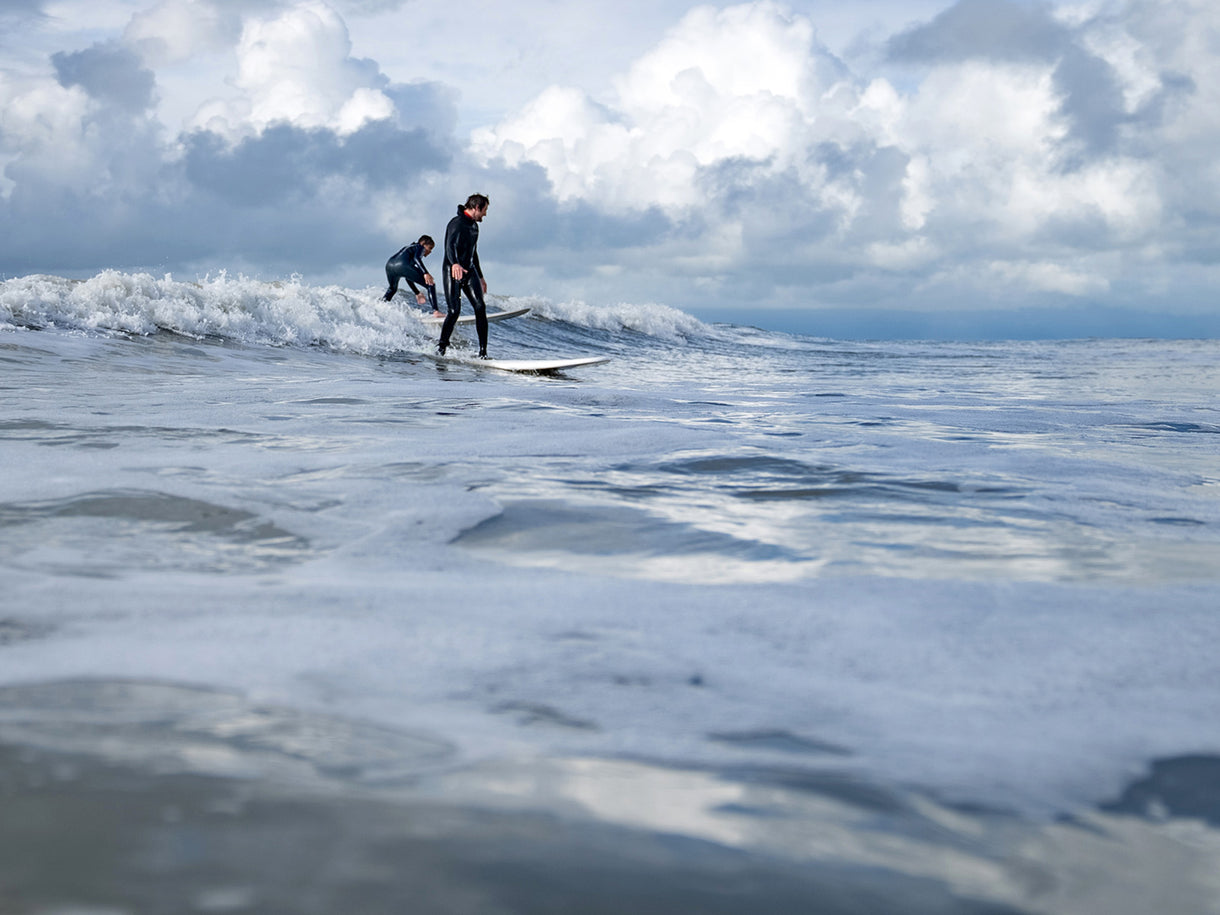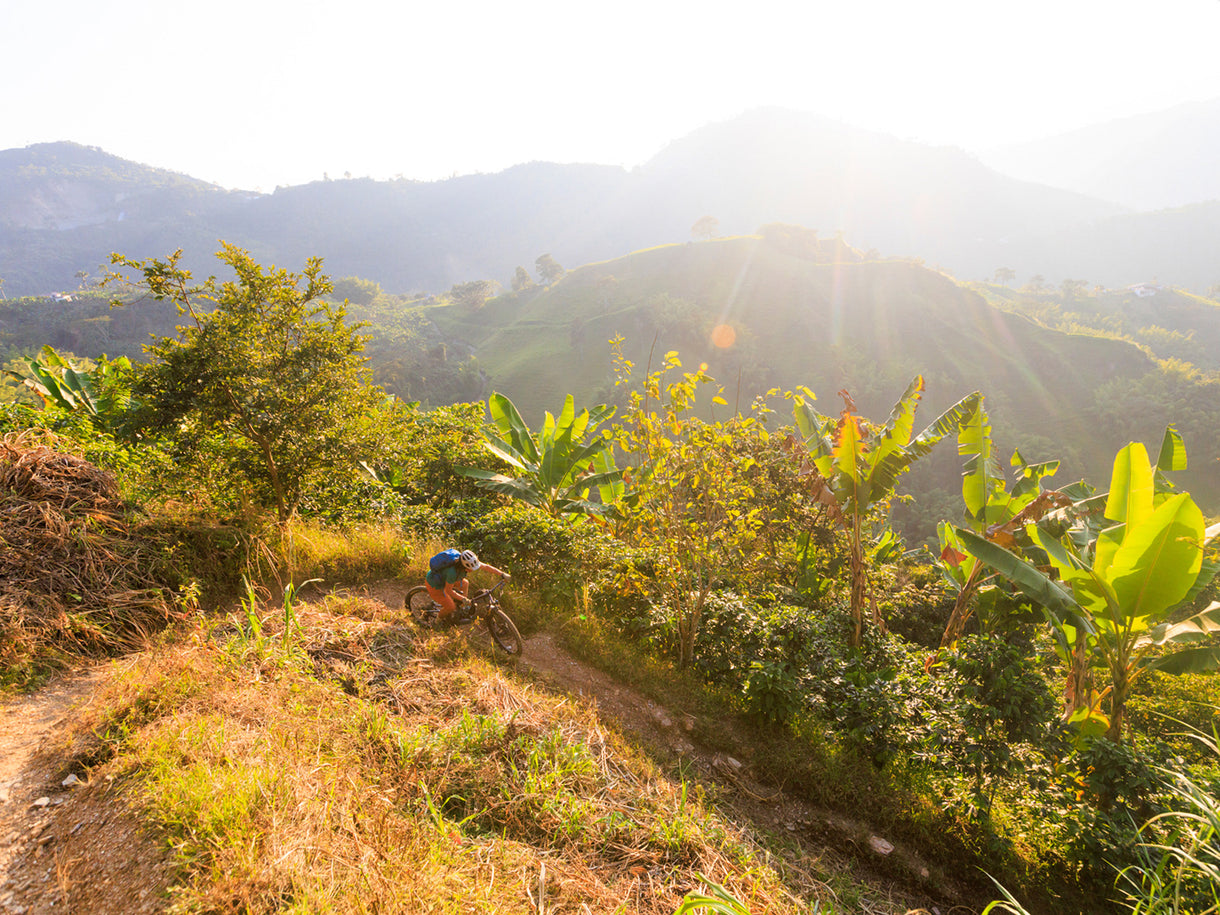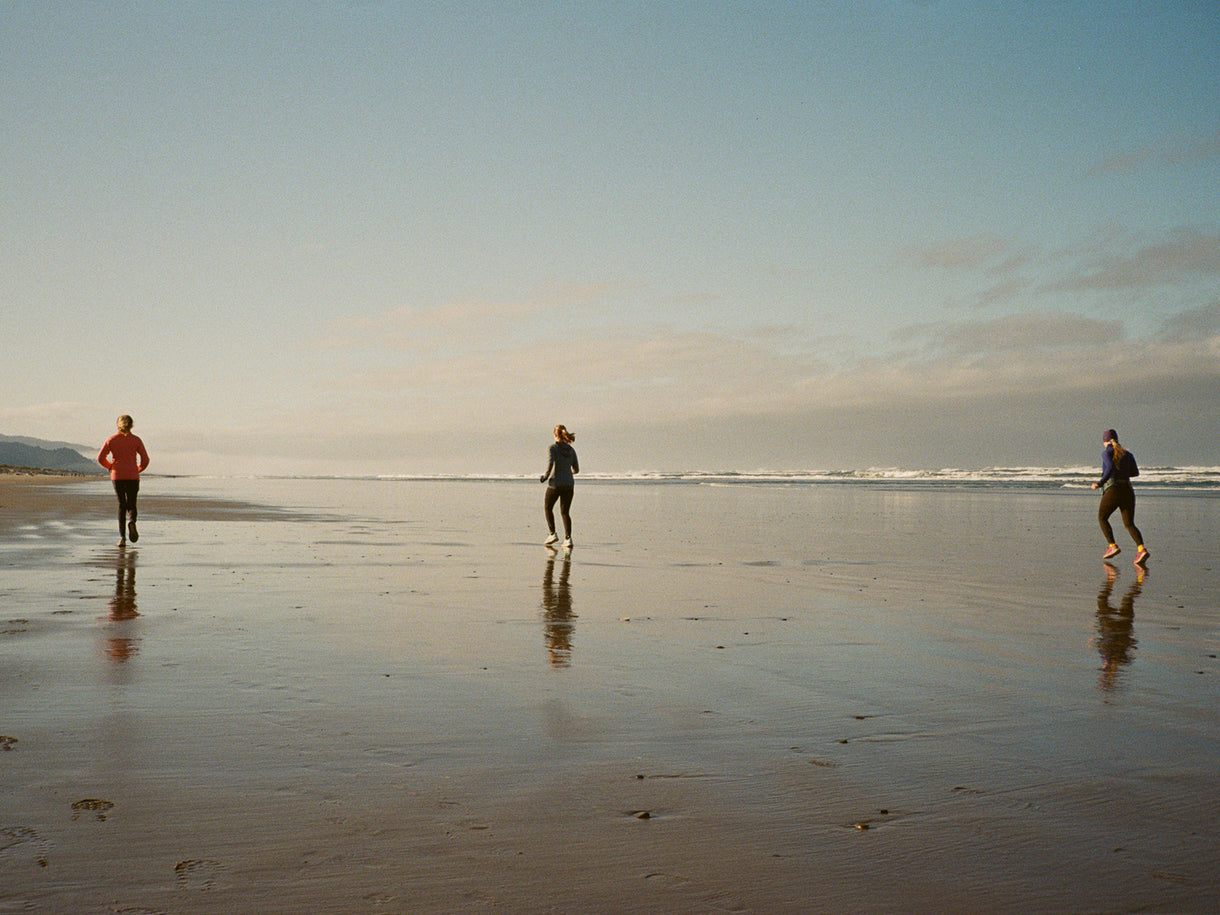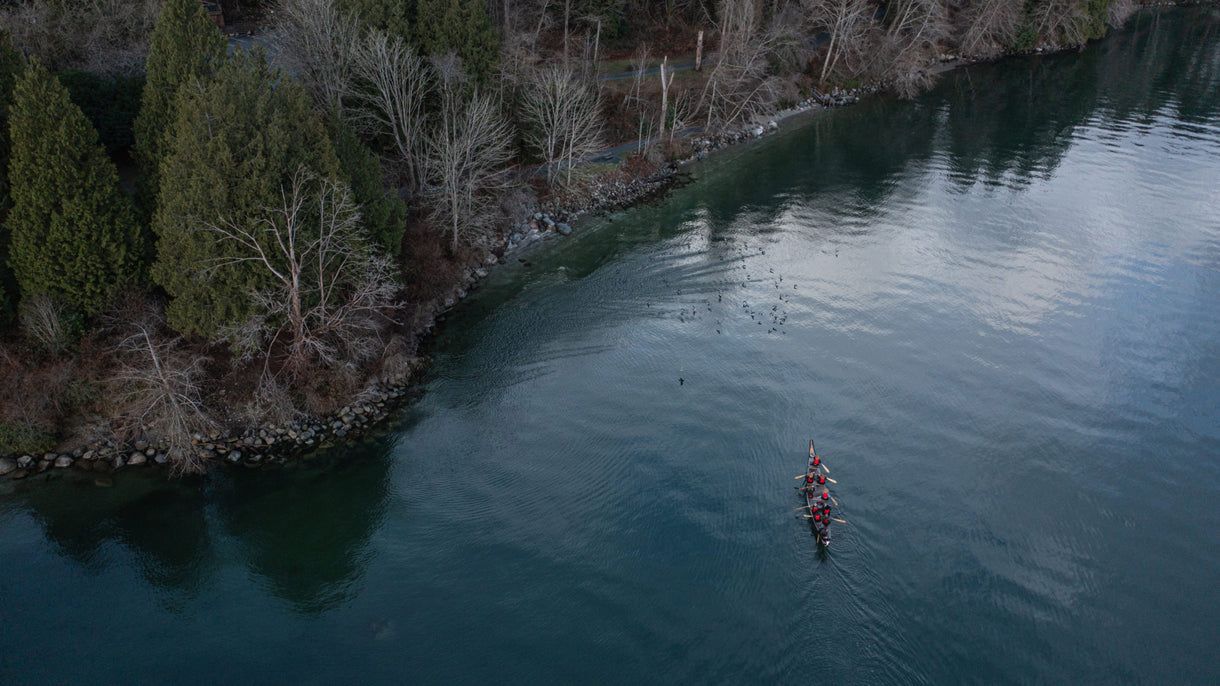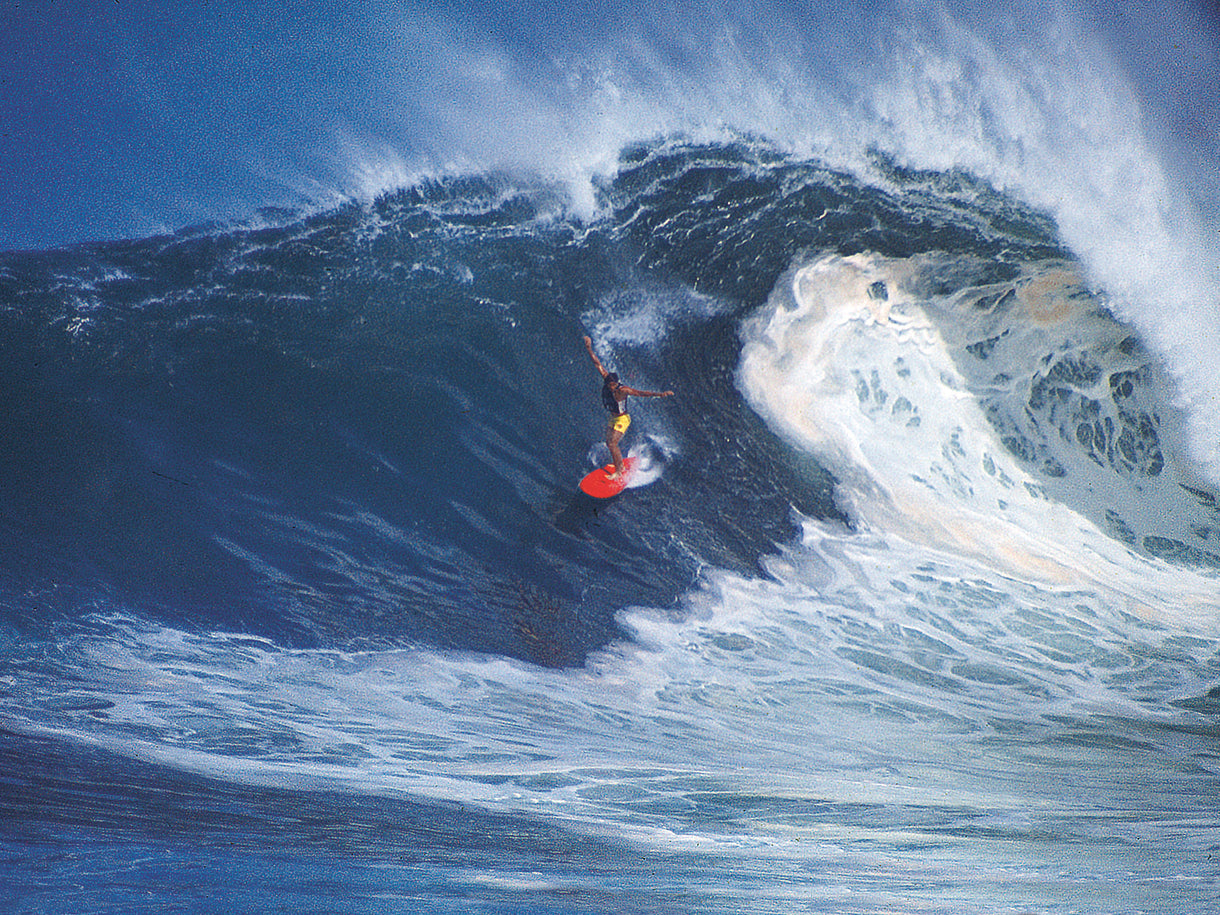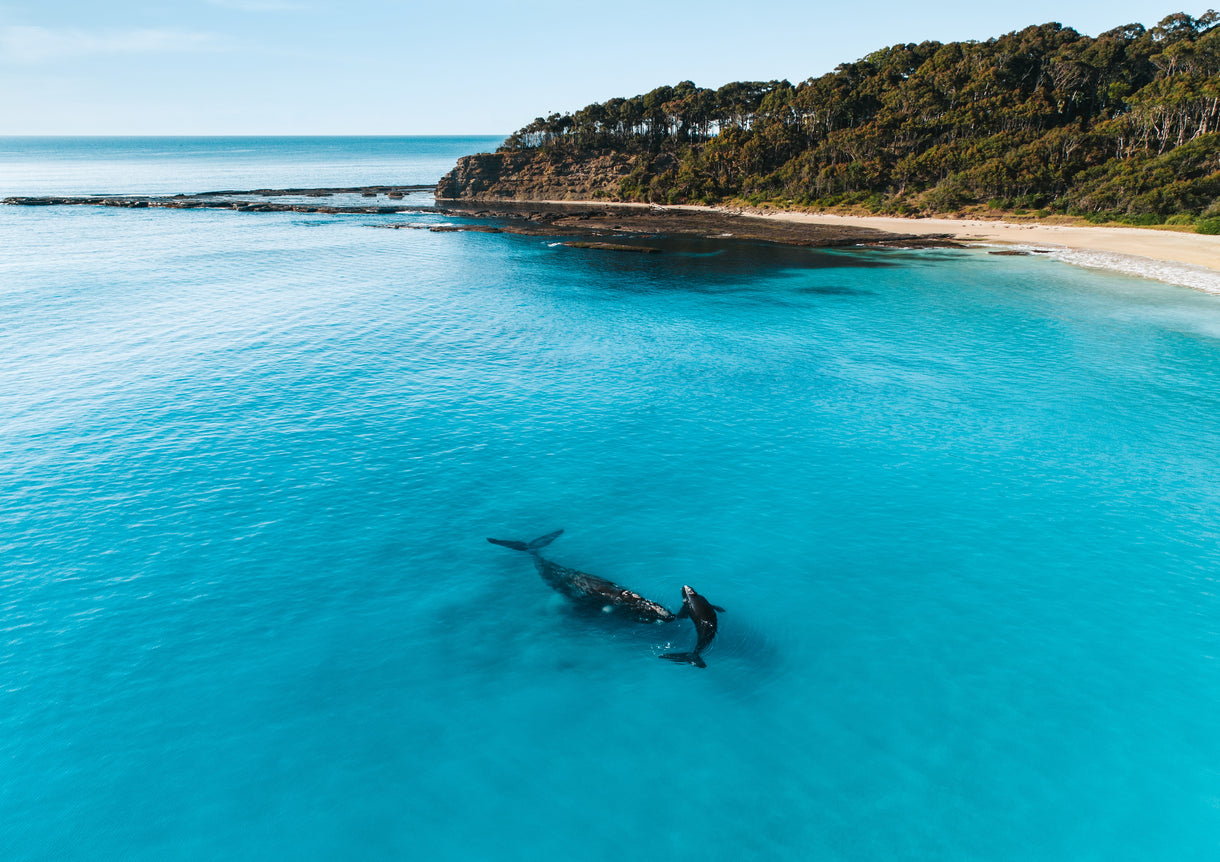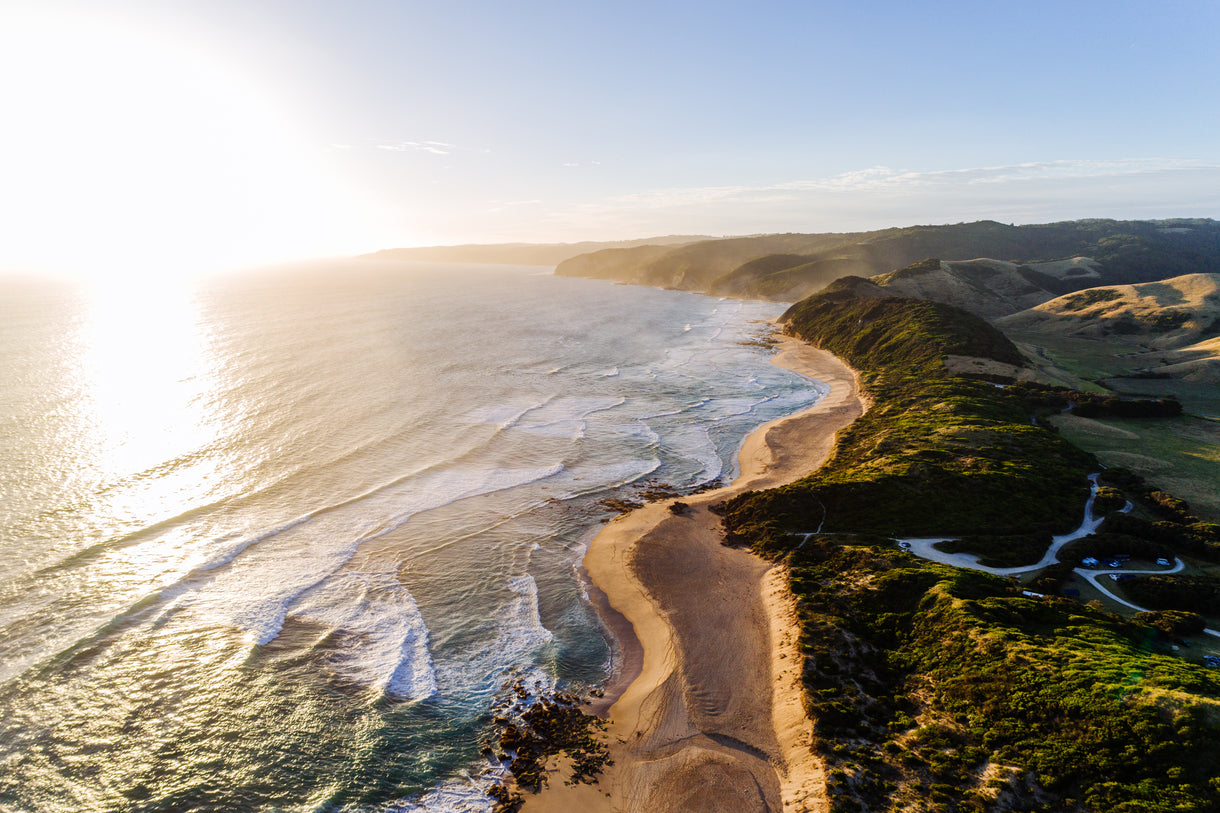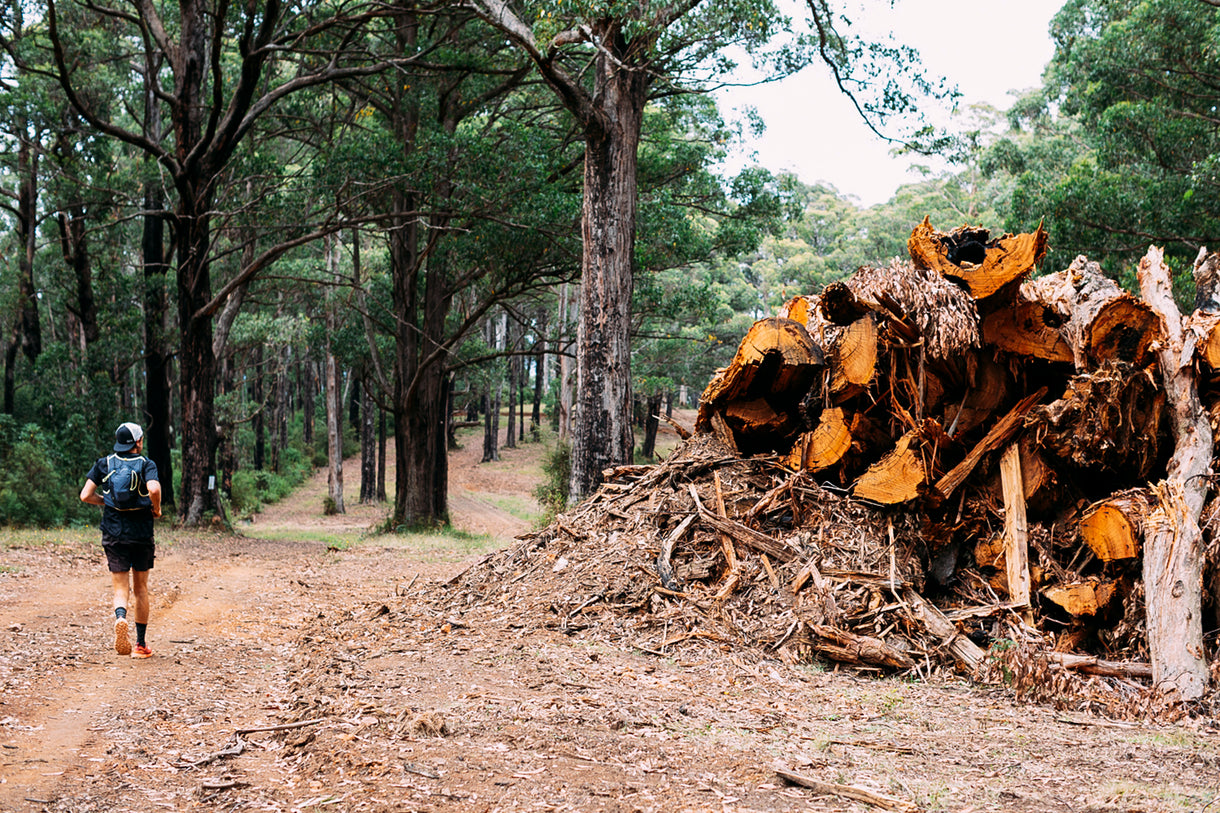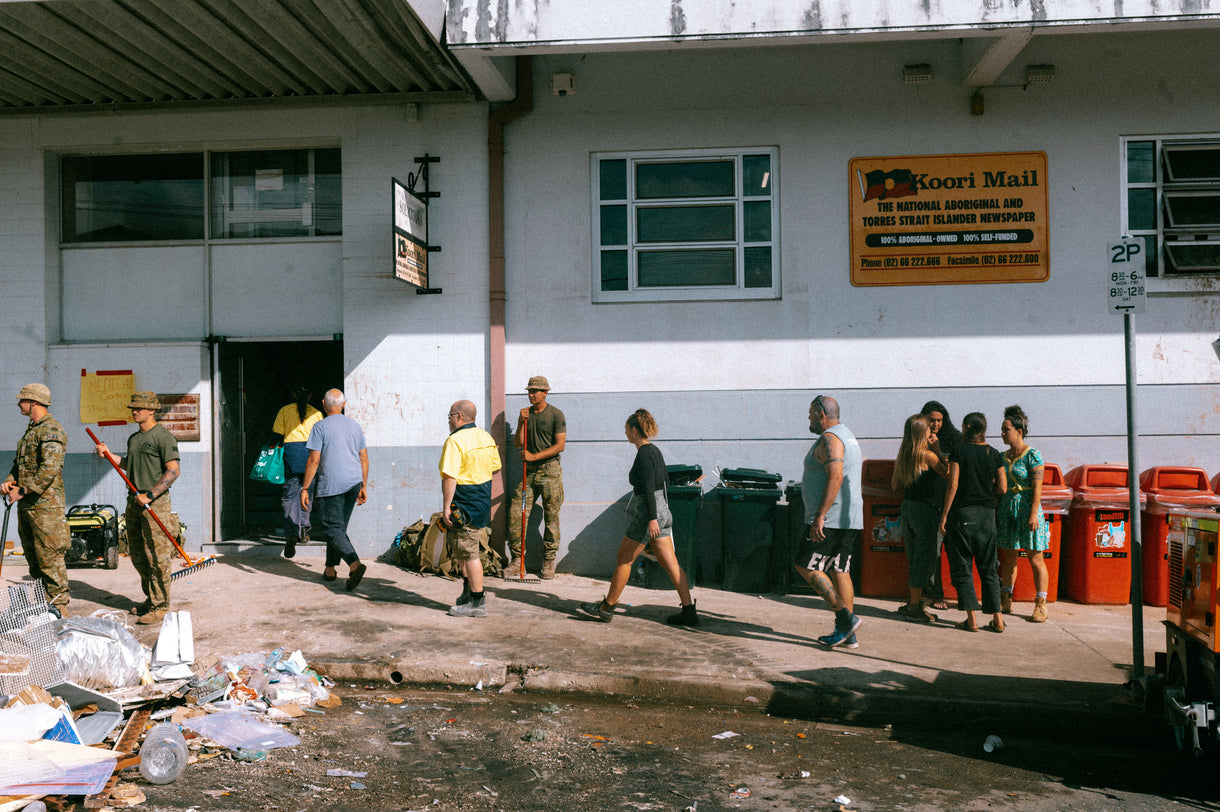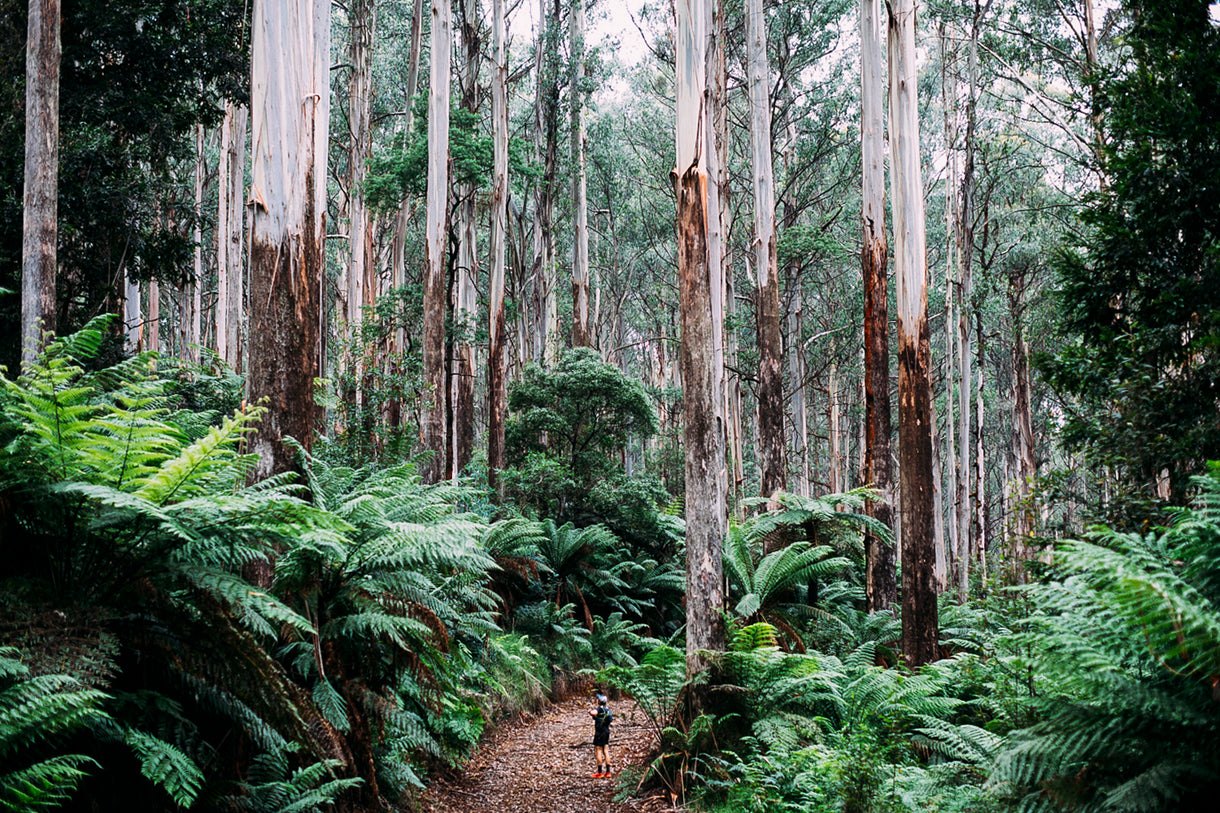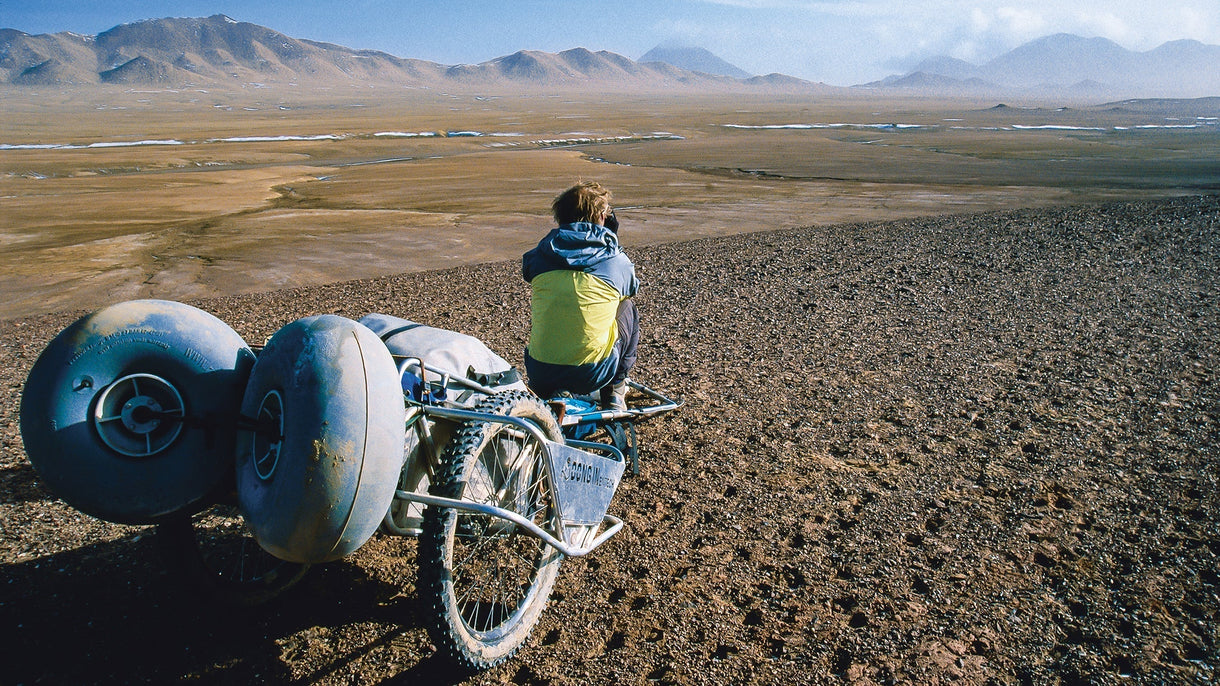Surfers should care about climate, but do they? Really? Belinda Baggs felt so strongly about the lack of climate action amongst surfers generally she started her own group, Surfers For Climate. In finding her voice on climate, she’s given all surfers a voice.
On a cloudy, onshore summer morning, I sat down with surfer, activist, Patagonia Ambassador and good-hearted larrikin, Belinda Baggs to talk about Surfers for Climate. Belinda co-founded the not-for-profit group after a climate epiphany out on the Great Barrier Reef a couple of years ago. It’s since, in many ways, taken over her life.
Belinda leans over her coffee with the practised ease of a spokes-surfer and explains the group’s purpose. “We’re a sea roots movement, dedicated to positive climate action. Our goal is to keep riding waves in thriving oceans.” That means a focus on climate change, but it also reaches into pollution and biodiversity. There are three main goals to the work: ensuring politicians representing surf communities act on climate; transitioning the surf industry to do better; and finally stopping all new offshore fossil fuel projects in Australian waters.
From an initial phase of dreaming and planning, Surfers For Climate – which Belinda co-founded with surfing buddy, Johnny Abegg – installed a nine-member board and a CEO, ex-pro bodyboarder, Josh Kirkman. The board members are all Australians and all surfers. They range from Holly Rankin (aka musician Jack River) to pro surfer Adrian Buchan, impact investor Dan Fitzgerald, explorer Andrew Leece, Worimi indigenous artist Lara Went, law student Sam Suendermann and photographer Jarrah Lynch. “It’s a mix of people who are able to help guide us through every tricky question,” Belinda explains. Added to the board’s know-how, there’s also a team of ambassadors which includes actors, world champion surfers, sailors and free spirits.
“I’m not a political person,” Belinda stresses, but SFC are planning to run their own political campaign ahead of this year’s federal election, with the catchy handle, ‘Don’t kook it on climate.’ “We’re not backing any particular candidate,” says Belinda, “but we’ve targeted four marginal electorates based on where our membership is and where there’s a heavy surf population. We want to push the message of voting for climate and educating surfers on which candidates are doing what.”
The group has spoken to political advisors and identified marginal electorates full of surfers where they think SFC could make a difference. They’ll target Corangamite (Torquay), Robertson (NSW Central Coast), Richmond (NSW Northern Rivers) and Paige (Yamba). Closer to home, Belinda is also eyeing her own electorate of Wannon. “You’ve got the Great Ocean Road here and the Twelve Apostles, which are the most-visited tourist attractions in Australia, but they’re willing to turn the horizon offshore into a giant gas field. I’ve been told by people that it’s too safe a seat,” she says of Wannon, “but so was Warringah.” Safe seats fall, and some of them, somewhere, will fall this year. “There’s millions of us,” she says. “We all live in coastal electorates, and if we use that clout and advocate for the climate, we can make a big difference to what happens in this country. We’re mobilising a sleeping mass!”
“There’s millions of us,” she says. “We all live in coastal electorates, and if we use that clout and advocate for the climate, we can make a big difference to what happens in this country.”
The group is ambitious and wants change. Belinda describes herself as “an eternal, sickening optimist” and points out that we’re going to turn away from fossil fuels – and toward renewable energy – whether the government likes it or not. “It’s going to happen eventually. The quicker we can uptake, the better.”
But what about surfers working in those dying fossil fuel industries? “No one should be left behind,” she says. “We don’t blame people who work in those industries – they’re just trying to feed their families. We want them on board with us. But it’s the responsibility of these industries and of government to transition and support these workers.”
The idea of transition applies to surf equipment too. “We’re all guilty of using polluting products. I’ve got boards made of petrochemicals sitting in my car right now – and I’ve got a car! – and that’s part of what we’re about, recognising the things we can change as individuals that will help push things forward, like buying sustainable wetsuits or wax, or opting for an electric vehicle.”
 Belinda joined local campaigners to paddle out into Geelong Harbour and protest against seismic testing in the waters off King Island. Photo: Jarrah Lynch
Belinda joined local campaigners to paddle out into Geelong Harbour and protest against seismic testing in the waters off King Island. Photo: Jarrah Lynch
Environmental movements have, for years, been accused of demanding absolute purity of people. People shrug, goes the criticism, and they give up because the cost in their lives is too high. SFC’s proposition seems more modest: there’s pragmatic, basic stuff people can do without having to give up everything. “We’re not suggesting you stop driving your car or riding your surfboard,” says Belinda, “but continue fixing your board, repairing your wetsuit, and next time you buy a surf product, consider a better choice.”
There’s lots of other actions people can take to make a positive impact, Belinda points out. A few donations, a careful vote, volunteering time, installing solar panels, car-pooling to the beach. “It’s not a matter of being perfect, just getting surfers to take on one or two of those and implement positive solutions is a step in the right direction.” Personal responsibility at the end of the day however will only go as far as the system allows, and SFC are out to change that system. “The big difference though is our voting power and we can all have a say in what happens,” says Belinda. “If every surfer in this country voted for climate, we would see a change.”
“If every surfer in this country voted for climate, we would see a change.”
SFC’s sights are currently set on the waters off western Victoria, as the federal government settles its annual “acreage release” process. Every year the government releases new areas of ocean to the petroleum industry for exploration, dividing up swathes of seabed for companies to bid on. The ‘winners’ of this sordid auction get permission to explore for new oil and gas deposits. SFC aim to end the process. In last year’s acreage release, there were seven or eight massive areas (31,000 sq km, roughly half the size of Tasmania) opened for exploration, more than doubling the area currently available in the Otway Basin. “We’re not looking at stopping stuff that’s already in production,” clarifies Belinda. “We know there’s a transitional phase that still employs people. We’re just trying to stop anything new in the Otway Basin from advancing.”
There’s a good reason for this. From the time the allocations are handed to the companies to the time they reach production is about ten years, and as Belinda points out, “You’d hope that in ten years’ time we’d have ended the use of fossil fuels, so we should be stopping the front end now.” Besides, the seismic testing used to find new oil and gas is detrimental to marine life and exploration drilling is often a higher spill risk than production itself.
The timing of the Otway campaign is interesting. It’s been almost two years since the Fight For The Bight was won, and here we all are, fighting again. “I was obviously involved alongside a lot of other people in the Bight campaign,” says Belinda, “and I saw how the surf community was willing to step up to protect their coastlines. It was phenomenal, and we won. Equinor pulled out. But that was just the Bight. Climate change is one of the biggest threats to our oceans on a global scale.”
In Australia, the FFTB’s oil spill modelling was a rallying call but in Norway – where Equinor was based – surfers were more concerned about the climate impacts of Equinor’s proposal. “The spill modelling was spectacular and terrifying, and it galvanised people,” says Belinda, “but for us it was just one part of a very big puzzle. We didn’t save the planet down in the Bight – that was just one small victory – but it spurred us to form SFC, to continue the momentum and provide these people who now gave a shit, with positive actions they could take.”
Listening to Belinda riff at high speed on the multitude of things that fire her up, there’s a sense that Surfers For Climate is taking on the world, flat out. How can such a broad, ambitious agenda stay focused and effective?
She starts with the basics: climate change is affecting us as surfers, first and foremost. The shoreline area is at the forefront of climate impacts. A lot of surfers are unaware we’re already experiencing those impacts. Some are quite minor, like erosion or storm activity once or twice a year. “But they’re fuelled by climate change,” she says. “We’re seeing these intense experiences along the coast, like bushfires burning out dunes on the south coast of NSW, bleaching on the Great Barrier Reef – all these things are affecting these very fragile areas we all surf. We experience it every day but we may not realise it’s happening.”
Johnny and Belinda’s start-up has already accumulated some impressive numbers. There are over 5000 members and another following is growing out of the ‘Sustainable Supply Club’, an initiative where people sign up for $100 and in return receive discount codes and giveaways from sustainable brands. “It both funds our ongoing mission and also encourages people to shop more sustainably,” Belinda explains. “It’s not encouraging them to just blindly consume, but when you need wetties, wax, whatever – organic sheets! – here’s a list of great companies who are stepping up.” Surfers For Climate has no corporate sponsors but has received grants from Patagonia and other businesses through their philanthropic programs.
I’m interested to hear how a 21st-century activist group like this one relates to the older surfer-activists who’d done the hard stuff in the ‘70s and ‘80s… people like Ian Cohen, Peter Whish-Wilson and Peter Garrett. “We talk to Peter (Whish-Wilson) about the way he’s gone about stuff,” Belinda says. “And Bob Brown, who’s not a surfer but has the same way of doing things… making good trouble. We don’t want to hurt anyone, or step on toes, but we can be great larrikins and make good trouble. That’s a part of Australian surf culture. Nothing drives surfers away quicker than being preached at.”
The modern version of Ian Cohen’s kamikaze protest against nuclear warships in Sydney Harbour, of course, is the paddle-out. When a seismic testing vessel docked in Geelong Harbour last August, bound for King Island, Surfers for Climate staged a paddle-out next to it. “We knew we weren’t going to stop it,” says Belinda. “We’d gone through the formal processes; writing to the regulator, commenting on the environmental plan, talking to politicians and the company, and yet it was still going ahead. So here’s the boat, docked in Geelong Harbour, so we said, ‘Let’s do it. Get the banners out. Let’s make a statement that this isn’t okay and get it in the news.’”
With a federal election looming and lockdowns lifting, SFC is looking to engage surfers more in their natural element. “We want to have days at the beach where surfers can come down and join, get educated and talk to candidates. Get some schools involved as well. Bring your kids, partners, and take a surf lesson at the same time. When you start surfing as a kid, you take on a culture as well as the act. ‘Is this someone I want to be? The music, the fashion, the hanging out? The activism?’ If you present this to a kid doing their first lesson, that this is who surfers are, then it’s taken on naturally.”
 While continuing to surf in thriving oceans is one reason Belinda co-founded Surfers For Climate. There's another, his name's Rayson. Photo: Jarrah Lynch
While continuing to surf in thriving oceans is one reason Belinda co-founded Surfers For Climate. There's another, his name's Rayson. Photo: Jarrah Lynch
Surf-lifesaving clubs however might be a harder nut to crack because it’s clear that the fossil fuel lobby have got there first. Despite the enormous potential for surf clubs to be an important voice on climate and conservation, they remain largely silent. The ongoing “Woodside Nippers” controversy in WA, and Beach Energy’s sponsorship of Port Campbell Lifesaving club, demonstrate that money is an effective muzzle.
Beach Energy are one of the major developers of offshore gas in the Otway Basin, and a couple of weeks before our chat, Belinda had sat in on Beach Energy’s AGM. They’d secured proxy spots to ask questions of Beach’s Chairman, Glenn Davis. “He seemed great, insofar as he spoke very well,” is Belinda’s assessment, “but he had greenwashy, ridiculous answers to all our questions.” Davis used the term “sustainability” as a meaningless fly-swat yet refused to countenance that his workers needed to transition to careers in sustainable industries. “It made my blood boil,” offers Belinda.
Surfers For Climate’s first year has been a wild ride, and it would be a waste of a good coffee not to ask Belinda for her tips on starting up an environmental not-for-profit. “I soon realised I’d really stepped into the deep end,” she says of the experience. “In many ways, it’s like running a business. Overheads, responsibilities for finance, charity status were definitely not-fun aspects, but you can’t just do things because you think they’re cool. You have to do them with a purpose.”
Her advice to anyone looking to start their own environmental group is succinct. Firstly, “Don’t go it alone. Make sure you have a team of passionate people who are available and responsible to work with you.” Following that is the small matter of financing it. “You need funding to ensure there’s money to fall back on, because even though you’re working for nothing towards this higher purpose, every little thing still costs money.”
But ultimately, there’s only one cure for the depression and anger caused by seeing your home coast carved up and handed to the fossil fuel industry. It’s the same thing that drove Belinda to start Surfers For Climate in the first place. “You’ve got to jump out and do something. Doing something’s better than doing nothing. Just get out of your comfort zone and do it.”
And with that, Belinda got up and excused herself. She had something to do. Surfers For Climate were running a film night in the Point Roadknight car park later in the day and Belinda had a million things to organise. She was at pains to explain that it wasn’t a rally, more an “opportunity for the community to come tougher and think more deeply in a positive way.”
Image Banner: Belinda's grace on a wave is countered by grit when it comes to fighting for coastlines and climate. Photo: Jarrah Lynch



